



KS4 Curriculum
Making good choices
Help and Advice
Core Subjects
English Language
English Literature
Mathematics
Sciences
Optional Subjects
Art and Design
Business
Computer Science
Design and Technology
Drama
Geography
History
Modern
Music
Physical





KS4 Curriculum
Making good choices
Help and Advice
Core Subjects
English Language
English Literature
Mathematics
Sciences
Optional Subjects
Art and Design
Business
Computer Science
Design and Technology
Drama
Geography
History
Modern
Music
Physical
Choosing your GCSE options is an exciting and important milestone in your educational journey. The choices you make will shape your studies over the next two years, laying the foundation for your future aspirations. This booklet is designed to guide you through the options process, providing you with detailed information about each subject and helping you to make informed decisions.
At Abbey Gate College, we believe in offering a broad and balanced curriculum that allows each student to develop their strengths, explore interests, and achieve their full potential. The subjects available reflect this ethos, ensuring that you have the opportunity to pursue both academic excellence and personal growth.
When considering your options, think carefully about your interests, skills, and ambitions. Discuss your ideas with your teachers, parents, and form tutors, who will be happy to provide advice and support. Remember, this is a chance to shape your learning in a way that excites and motivates you, preparing you for the next stage of your education and beyond.
We hope this booklet provides the clarity and insight you need to make confident choices. Take the time to explore the options, ask questions, and ensure your decisions align with your goals.
We look forward to supporting you throughout this process and helping you embark on the next stage of your academic journey.
In Year 10 and 11, students will follow a core of compulsory subjects which includes English Language, English Literature, Mathematics and Science.
In addition, students will opt for additional subjects which will be selected with the help and guidance of teaching staff and parents.
Students should pick 4 subjects from:
• Art and Design
• Business
• Computer Science
• Design and Technology
• Drama
• French
• Geography
• History
• Music
• Physical Education
• Religious Studies
• Separate Sciences*
*All students will study Science at GCSE. Separate Science is designed for students who demonstrate an aptitude for the subject and wish to study it in greater depth. Students who do not choose Separate Science will follow the Double Award Science course, which results in two GCSE qualifications in Science.
At Abbey Gate College, we recommend that students follow a balanced curriculum. This typically includes at least one humanities subject (Geography or History) and one Modern Foreign Language (French or Spanish). However, we recognise that every student has unique talents and abilities, and it may be possible to adapt these recommendations to better suit individual strengths and interests.
In making your choice you should consider carefully:
(a) the subjects you are good at
(b) the subjects you enjoy
(c) the subjects needed for possible careers
(d) taking a range of subjects which give you a balanced curriculum
You should NOT regard as important:
(a) whether your friend has chosen a particular subject
(b) who will be teaching you
In school, students will be offered guidance from form tutors, Head of Year, Mrs Houghton (Deputy Head - Pastoral) and Mr Booth (Deputy Head - Academic). This will be combined with advice from Heads of Department and subject teachers who will advise you on their own subjects.
Further Careers advice may be obtained in school through contact with Mrs Jenkinson (Head of Careers) who will arrange support through MPloy Solutions, our Careers Consultancy Service.
The GCSE Options Evening, Tuesday 11 February 2025, will enable parents and students to consult with subject leads about GCSE options.
Year 9 Parents Evening, Thursday 27 February 2025, will give pupils parents and students further opportunity to discuss progress and GCSE options.
Option subject choices should be completed by Friday 7 March 2025 (detail on how to complete options electronically will be provided separately).
While we aim to accommodate all subject choices, we cannot guarantee availability due to timetable constraints or class sizes. Where necessary, we will support students in selecting suitable alternatives.


English Language
The examination involves the testing of reading and writing in two exam papers; one features reading questions based on fiction and a piece of creative writing (1 hour 45 minutes) and the other includes reading non-fiction and writing persuasively (2 hours).
In addition, there is a speaking and listening test, separately endorsed by the exam board.
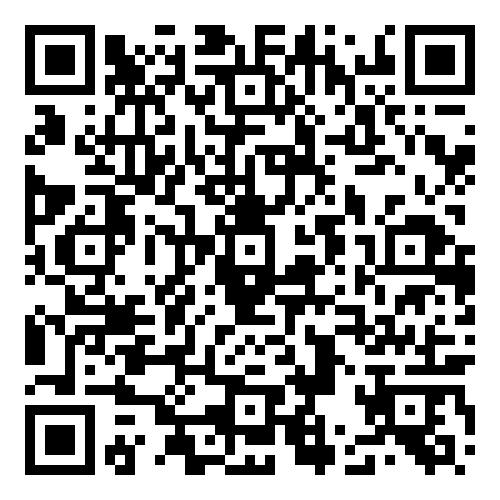
Component 1 C20th Reading Literature and Creative Writing
• Section A – Reading Understanding of one prose extract
• Section B – Prose Writing – one creative writing task selected from a choice of four titles.
Component 2 C19th and C20th Non-Fiction Reading and Transactional Writing
• Section A – Reading understanding of two extracts, assessed through a range of structured questions
• Section B – Writing two compulsory transactional/persuasive writing tasks.
Component 1 is a 1 hour 45 minute written exam (40% of overall grade)
Component 2 is a 2 hour written exam (60% of overall grade)
Component 3 is a recorded speech (pass; merit; distinction) for Spoken Language (unweighted).
A pass at Grade 4 or above is an essential qualification for almost all Higher Education courses and many jobs, so we endeavour to achieve this as an absolute minimum for all students.
We also offer both English Literature and Film Studies at A Level, should students wish to further their study of these subjects.


This tests reading and evaluative skills through two examinations: Shakespeare and the EDUQAS Poetry Anthology (2 hours – 40% of qualification) and Post-1914 Prose/Drama, 19th Century Prose and Unseen Poetry (2 hours 30 minutes – worth 60%).
Currently, our texts are Macbeth by William Shakespeare, An Inspector Calls by JB Priestley, A Christmas Carol by Charles Dickens and an anthology of poetry.

Component 1: Shakespeare & Poetry
• Section A: extract and essay question on Macbeth
• Section B: two essay questions based on a poem from the anthology.
Component 2: Post-1914 Drama, C19th Prose & Unseen Poetry
• Section A: essay on An Inspector Calls
• Section B: essay on A Christmas Carol
• Section B: an essay on an unseen poem and a comparison essay.
Component 1 is a written 2-hour examination (40% of overall grade)
Component 2 is a written 2 hr 30 min examination (60% of overall grade).
A pass at Grade 4 or above is an essential qualification for almost all Higher Education courses and many jobs, so we endeavour to achieve this as an absolute minimum for all students.
We also offer both English Literature and Film Studies at A Level, should students wish to further their study of these subjects.

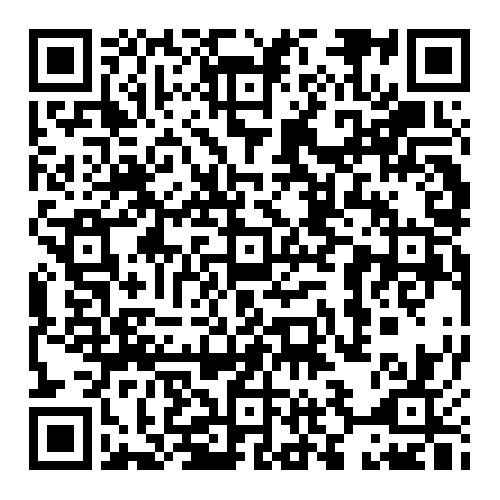

All students will take GCSE Mathematics, as it is a prerequisite for many further education courses and many employers will require students to achieve at least a grade 4 at GCSE Mathematics.
Beyond the obvious benefits of numerical fluency, skills such as problem-solving and logical reasoning provide skills that students are able to take into their future lives and careers.
The course is broken up into a series of topics that fit into six subjects areas:
Number, Algebra, Ratio & Proportion, Geometry & Measures, Probability, and Statistics.
These are covered throughout Years 10 and 11, starting with the more foundational skills and building towards the most challenging topics towards the end of the course.
The course is assessed through three 90-minute papers: one non-calculator and two calculator.
Students are entered into either Foundation (Grades 1–5) or Higher (Grades 4–9), with the Mathematics department deciding tiers during Year 11.
Studying GCSE Mathematics builds essential skills like problem-solving and logical reasoning, opens career and education opportunities, enhances financial literacy, and improves cognitive abilities, making it crucial for personal and professional development.



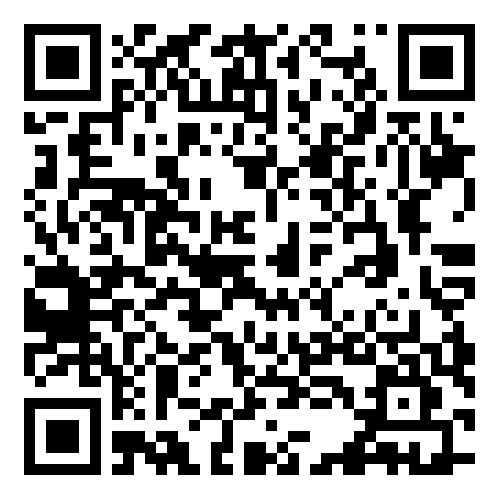
The Combined Science route is equivalent to two GCSEs. Students will cover a range of Biology, Chemistry and Physics topics but with less content compared to Separate Sciences.
This option allows students an additional option choice outside of the Science department.
The Combined Science route gives the flexibility of higher or foundation tier exam entries, to maximise individual student outcomes.
• Biology – 2x written papers 1 hour 15 minutes
• Chemistry – 2x written papers 1 hour 15 minutes
• Physics – 2x written papers 1 hour 15 minutes
•
• There is no assessed coursework for Combined Sciences
• Biology – Cells and Organisation, Disease and Bioenergetics, Biological Responses, Genetics and Reproduction, and Ecology.
• Chemistry – Atoms, Bonding and Moles, Chemical Reactions and Energy Changes, Rates, Equilibrium and Organic Chemistry, Analysis and the Earth’s Resources.
• Physics – Energy, Particles at Work, Forces, Waves and Electromagnetism
The course prepares students for further study and careers in Science, Engineering and Technology, including Medicine and Veterinary.
It enhances problem-solving, analytical reasoning, and practical skills. Students who get suitable grades will still be able to study A-Level Sciences.






This option is likely to appeal to students with an aptitude and interest in science, particularly those who wish to pursue any of the Sciences at A Level.
A successful student will end up with an individual GCSE in each Science. If students decide to choose Separate Sciences then they must study all three Sciences.
Students complete a series of required practicals that are examined in the terminal exam papers.
• Biology – 2x written papers 1 hour 45 minutes
• Chemistry – 2x written papers 1 hour 45 minutes
• Physics – 2x written papers 1 hour 45 minutes
There is no assessed coursework for Separate Sciences


• Biology – Cells and Organisation, Disease and Bioenergetics, Biological Responses, Genetics and Reproduction, and Ecology.
• Chemistry – Atoms, Bonding and Moles, Chemical Reactions and Energy Changes, Rates, Equilibrium and Organic Chemistry, Analysis and the Earth’s Resources.
• Physics – Energy, Particles at Work, Forces, Waves, Electromagnetism and Space.
The course prepares students for further study and careers in Science, Engineering and Technology, including Medicine and Veterinary.
It enhances problem-solving, analytical reasoning, and practical skills, providing a solid foundation for A-Level Sciences and Science related degrees.


GCSE Art and Design (Art, Craft and
Skills gained throughout the course:
• Critical Thinking and Analysis – Gaining a curious mindset and thinking beyond the superficial.
• Communication - understanding and conveying complex ideas.
• Research - research and information gathering skills
• Creativity – becoming innovators and independent thinkers.
• A Global Perspective – acknowledging different ways of seeing the world.
• Interpersonal Abilities - learning to be both self-sufficient thinkers and informed collaborators.
The portfolio will show their ability to sustain work from an initial starting point to a realisation of intention and include evidence of their ability to research and develop ideas, linking their work in a meaningful way to relevant critical/contextual materials.
No time limit - 96 marks - 60% of GCSE
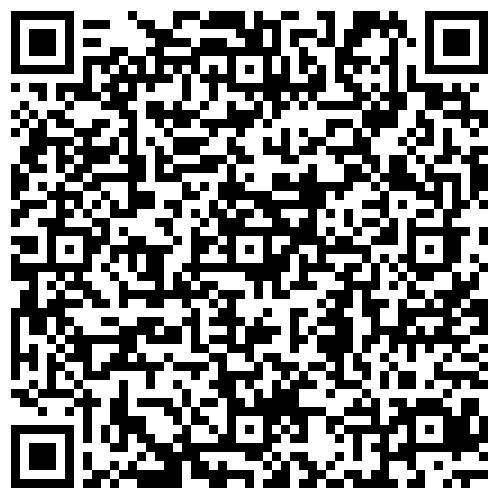
The course prepares students for further study and careers in Art, including, design, architecture, and fashion.
It enhances problem-solving, critical thinking, creativity, and technical skills, providing a solid foundation for A-Level Art and related qualifications.
Component 2 - Externally Set Assignment
Component 2: Externally set assignment. Students are required to select one question from the exam paper. These will be provided on 2nd January, or after.
Preparatory period + 10 hour supervised time - 96 marks - 40% of GCSE



GCSE Business is an exciting and fast moving subject that looks at the way in which businesses meet customers’ needs and aim to make profits for investors.
The course provides an engaging, practical and relevant introduction to the world of business and the economy.
In addition, the course provides students with the opportunity to develop technical business and employability skills.
Theme 1 (Year 10)
Students explore the world of small businesses through the eyes of an entrepreneur, thinking about how and why business ideas come about and what makes a successful business.
Theme 2 (Year 11)
Learning about how businesses grow and key business concepts, issues and decisions which impact on businesses operating in a global environment.
Two examinations at the end of Year 11.
Both exams are 1hr 45 minute in length and worth 90 marks each.
The course is an excellent introduction to A Level Business or a similar level 3 course.
It also provides students with an introduction into the workplace.


Students choose Computer Science for its appeal to tech enthusiasts and problem solvers, offering insights into software development and technology's societal impact.
It attracts those fascinated by computers, logic, and innovation, often complemented by a proficiency in mathematics.
Aspiring programmers, cybersecurity experts, or technology enthusiasts seek to shape the future through technology.
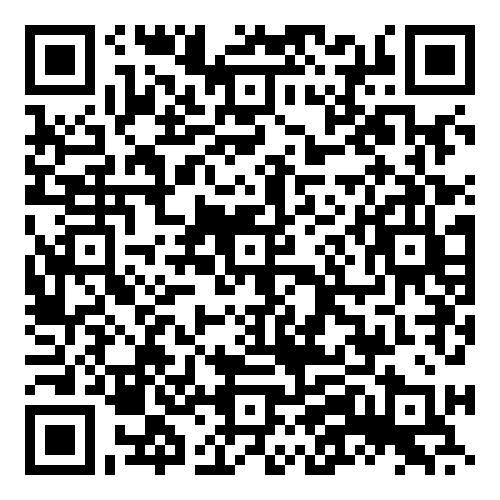
Component 1 (Computer Systems)
The unit covers the theoretical aspects of Computer Science, including systems architecture, memory and storage, networks, network security, systems software & the legal, ethical, cultural and environmental impact of Computer Science.
Component 2 (Computational Thinking, Algorithms, and Programming)
This unit focuses on practical programming and problem-solving skills, including algorithms, programming techniques, producing robust programs, computations logic, and data representation.
Each component is assessed via a written 1 hour 30 minutes examination each worth 50% of the final grade.
The course prepares students for further study and careers in technology, including software development, IT, and cybersecurity.
It enhances problem-solving, logical reasoning, and technical skills, providing a solid foundation for A-Level Computer Science and related qualifications.


Students opting for Drama GCSE should have a strong interest in improving their performance skills, developing their knowledge of theatrical styles and analysing texts. The course is underpinned by trips to local and national theatres which are essential to gain the understanding required for the GCSE. The course helps to develop key skills, including analysis, evaluation, communication and creativity.
Component 1: Written Paper
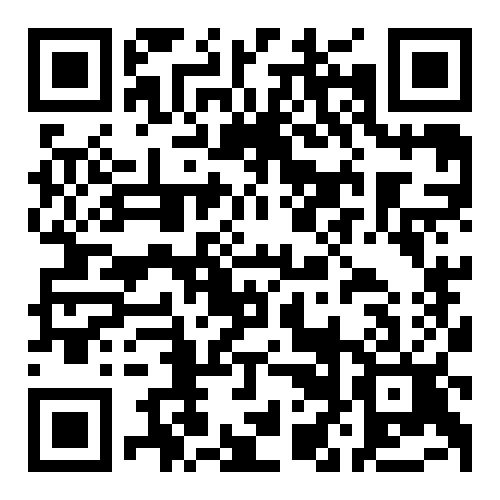
• Knowledge and understanding of theatre.
• Study of a set play
• Analysis and evaluation of the work of live theatre makers
Component 2: Devising
• Process of creating devised drama
• Performance of devised drama
• Analysis and evaluation of own work
Component 1
Written exam: 1 hour and 45 minutes
Open book
This component is worth 40%
Component 2
Devising log (60 marks)
Devised performance (20 marks)
This component is worth 40%
Component 3
Performance of 2 Extracts
This component is worth 20%
Component 3: Scripted
• Performance of two extracts from one play
The GCSE prepares students for further study and careers in the industry, both on stage and behind the scenes, as well as developing lifelong communication and collaboration skills which are essential in any workplace. The GCSE provides a solid foundation for A-Level Drama and Theatre.


Design and Technology
Students choose Design and Technology because they aspire to design and manufacture products that solve everyday problems while driving change on a global scale.
In addition to exploring practical solutions, students develop an eye for designing aesthetically pleasing products that appeal to users and inspire interaction. Assessment is comprised of 50% exam total and 50% for a student-led NEA project
Non-Exam Assessment
During the final year of a student’s GCSE course of study, students will design and make a product of their own choosing based upon a design brief distributed by the exam board. Students will do this based on the needs of a chosen client.
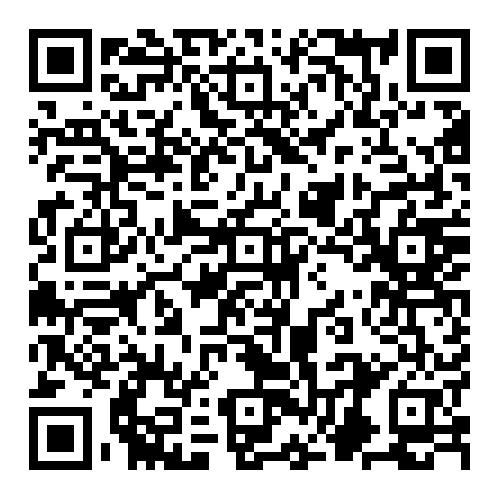
Section 1 New & Emerging Technologies
The unit covers the technologies which drive industry and enterprise while taking into account the needs of people, culture and society. Further detail is given, putting a microscope on the environment and sustainability issues.
Section 2 Energy, Materials, Systems & Devices.
This section covers the impact industry has on energy supplies as well as highlighting renewable energy sources and the technologies creating them.
Section 3 Materials & Their Working Properties
Within the elements comprising the 3rd unit are practical working tolerances and detailed uses listed for timber, metals, papers and boards, textiles and polymers.
The course prepares students for further study or careers in design and technology, covering product design, graphic design, and engineering. It develops problem-solving skills, practical application, and creativity, ideal for progressing to a practical, creative A-level subject.


Geography 8035
Geography’s physical topics include natural hazards and ecosystems, which combine well with science subjects.
It also explores a variety of topical social issues which form an excellent basis for many A Level courses.
Geography is identified as a facilitating subject by the government, meaning that it is highly valued by both universities and employers.
AQA Paper 1 – Physical Geography; 1 hour 30 minutes; 35%
AQA Paper 2 – Human Geography; 1 hour 30 minutes; 35%
AQA Paper 3 – Geographical applications; 1 hour; 30%
Fieldtrip application and analysis and a decision-making exercise.

Physical Geography
• The challenge of natural hazards –causes, effects and management of earthquakes, volcanoes and tropical storms and climate change.
• The living world – ecosystems such as rainforests and hot deserts.
• Physical landscapes in the UK – glaciers and rivers.
Human Geography
• Economic development of countries and their businesses.
• Cities around the world.
• Global resource management.
• Gain an understanding of places what affects their development.
• Develop an awareness of how people affect nature.
• Develop practical skills by conducting fieldwork.
• Apply techniques needed to conduct geographical enquiries.



History is a respected GCSE that allows students a greater awareness of humanity.
Simultaneously, it enables a greater ability to process, evaluate and present information into proven and therefore persuasive arguments, and few skills are more important.
It is also hugely engaging, and a key reason for studying the past is because you might like it.
Paper 1 covers Medicine in Britain (1250 –Present Day) and looks also at injuries and treatments during the First World War. We visit Belgium and France in the summer of Year 10.
Paper 2 covers Henry VIII and his Minister, and Superpower Relations during the cold War.
Paper 3 covers the USA between 1954 and 1975 – focusing on Civil Rights and the Vietnam War.
The course is assessed by three separate examination papers.
There is no Controlled Assessment.
A qualification in History is considered ‘either useful or essential’ for a wide range of courses at top universities, as well as being a clear asset in careers such as Accountancy & Banking, the Civil Service, Law, Human Resources, Media & Journalism, and Industry.

French 2024

A GCSE in French at Abbey Gate College, offers enriching language experiences, bespoke lessons tailored to your goals, and extensive exam support.
You will gain communication skills, a competitive edge in the job market, and the confidence to navigate new cultures with ease. GCSE French will open up a world of opportunity!
• 25% Listening exam
• 25% Speaking exam including a read aloud task
• 25% Reading exam including translation to English
• 25% Writing exam including translation to French
• Exams can be taken at either Foundation level or Higher level.
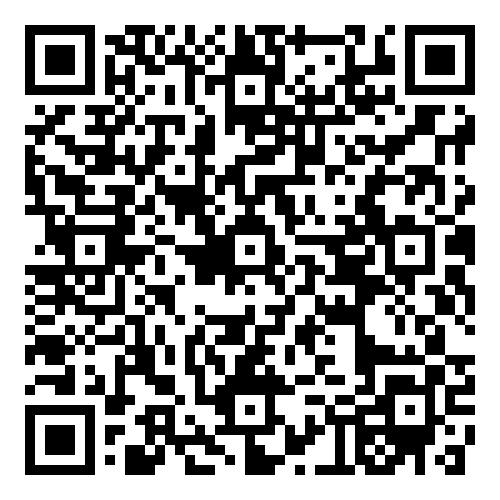
Over the two-year course, you will explore six engaging themes, allowing you to express opinions and discuss actions using various tenses while mastering diverse grammar constructions.
The themes include My Personal World, Travel and Tourism, Media and Technology, Lifestyle and Wellbeing, Studies and My Future, and My Neighbourhood, each covering essential subtopics relevant to your life and aspirations.
Studying French at GCSE offers students valuable skills that enhance their future opportunities.
It not only helps in improving communication abilities but also fosters cultural awareness and global citizenship.
Proficiency in French can open doors to careers in international business, diplomacy, and tourism, and is particularly useful for law and politics.
Additionally, learning a new language boosts cognitive abilities and enriches personal experiences through travel and cultural exchange.


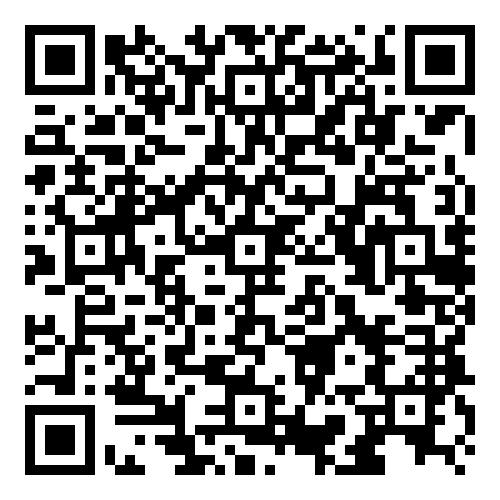
Mastering Spanish, the third most spoken language globally, can enhance both your personal and professional life.
At Abbey Gate College, we provide enriching language experiences, bespoke lessons tailored to your goals, and extensive exam support.
Gain communication skills, a competitive edge in the job market, and the confidence to navigate new cultures with ease. GCSE Spanish will open up a world of opportunity!
• 25% Listening exam
• 25% Speaking exam including a read aloud task
• 25% Reading exam including translation to English
• 25% Writing exam including translation to Spanish
• Exams can be taken at either Foundation level or Higher level.
Over the two-year course, you will explore six engaging themes, allowing you to express opinions and discuss actions using various tenses while mastering diverse grammar constructions.
The themes include My Personal World, Travel and Tourism, Media and Technology, Lifestyle and Wellbeing, Studies and My Future, and My Neighbourhood, each covering essential subtopics relevant to your life and aspirations.
Studying GCSE Spanish enhances your global mindset, boosts communication, and increases marketability.
It improves problem solving skills, opens career options, enriches travel experiences, and fosters connections with Spanish speakers, whilst providing a solid foundation for A-Level Spanish and related qualifications.


For anyone who enjoys music, taking the subject at GCSE should be an obvious choice.
You’ll be studying something that you really want to, and you’ll be working with other like-minded students, developing skills that will benefit you whatever you decide to do in the future.
Universities and employers love musicians due to the creativity, analytical and performing skills it develops!
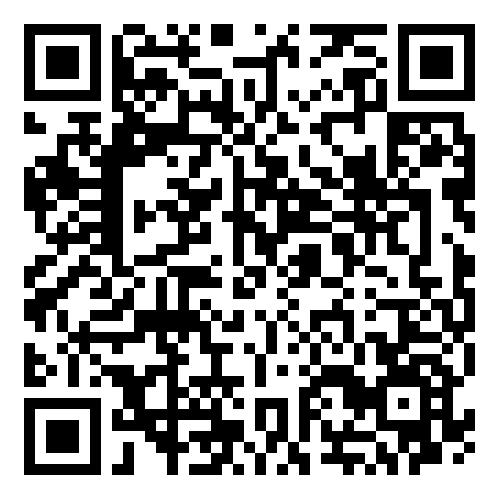
Component 1: Understanding music
This is the theory part of the paper and will cover music theory and instrumental techniques. It involves listening to and answering questions on extracts of music.
Component 2: Performing Music
Candidates offer one individual performance and one ensemble performance.
Component 3: Composing music
Two compositions, a minimum of three minutes of music in total is required.
Component 1 - Assessed by a 1 hr 30 minute exam
Component 2 - Assessed by 2 recorded performances
Performance 1: Solo performance
Performance 2: Ensemble performance
Component 3 - Two compositions
Task 1: Composition to a brief
Task 2: Free composition
The course develops your understanding of music from different cultures and music from across the years.
You study music in depth and develop analytical skills and higher order thinking skills.
You will create musical performances and write music that interests you.


Choosing OCR GCSE PE lets you combine practical sports with academic learning.
The course also helps you develop teamwork, critical thinking, and decision-making skills, making you more confident and ready for future opportunities in the world of sport.
Paper 1 and 2 are assessed by examination an totalling 60% of the overall GCSE grade.
Evaluating and Analysing Performance. A maximum of 20 marks could be awarded for this component and will hold a 10% weight.
Practical Assessment. The practical component comprises of 60 marks (20 for each sport)
Overall the practical element equates to 30% of the students overall GCSE grade.
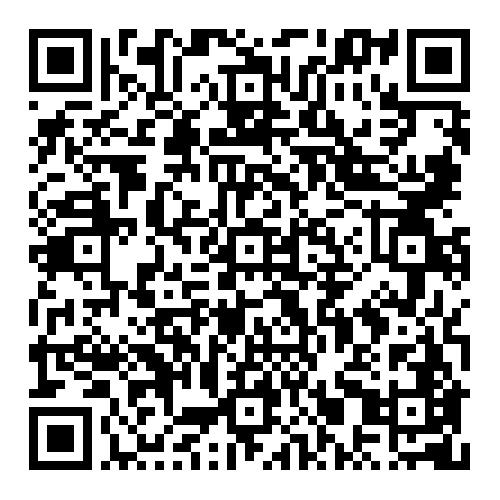
Component 1: Physical Factors Affecting Performance
Looking at the human body and its response to exercise.
Component 2: Socio-cultural Issues and Psychology
Looking at the maintenance of a healthy lifestyle along with the impact of socio-cultural factors on sport.
Component 3: Evaluating and Analysing Performance
A critical analysis of your performance in your chosen sport.
Component 4: Practical Assessment
You will be assessed in three different practical activities as a player/performer.
GCSE PE will provide a solid foundation for A-Level PE and other related qualifications. GCSE PE will equip you with the knowledge, understanding, skills and values to develop and maintain your performance in physical activities and understand the benefits to health, fitness and well-being.


GCSE Religious Studies allows you to explore a range of religions and world views as well as provoking challenging questions about meaning and purpose in life, beliefs about God, ultimate questions, issues of right and wrong and what it means to be human.

Scan for Course info on AQA
Component 1: The study of religions: beliefs, teachings and practices
You will study the beliefs, teachings and practices of Buddhism and Christianity.
Component 2: Thematic studies: religious, philosophical and ethical studies
100% written assessment over two examination papers (50% for each paper).
Each paper is 1 hour 45 minutes long.
You will study a total of four themes, exploring religious, philosophical and ethical arguments related to the issues raised, and their impact and influence on the modern world.
The course develops your understanding of music from different cultures and music from across the years.
You study music in depth and develop analytical skills and higher order thinking skills.
You will create musical performances and write music that interests you.